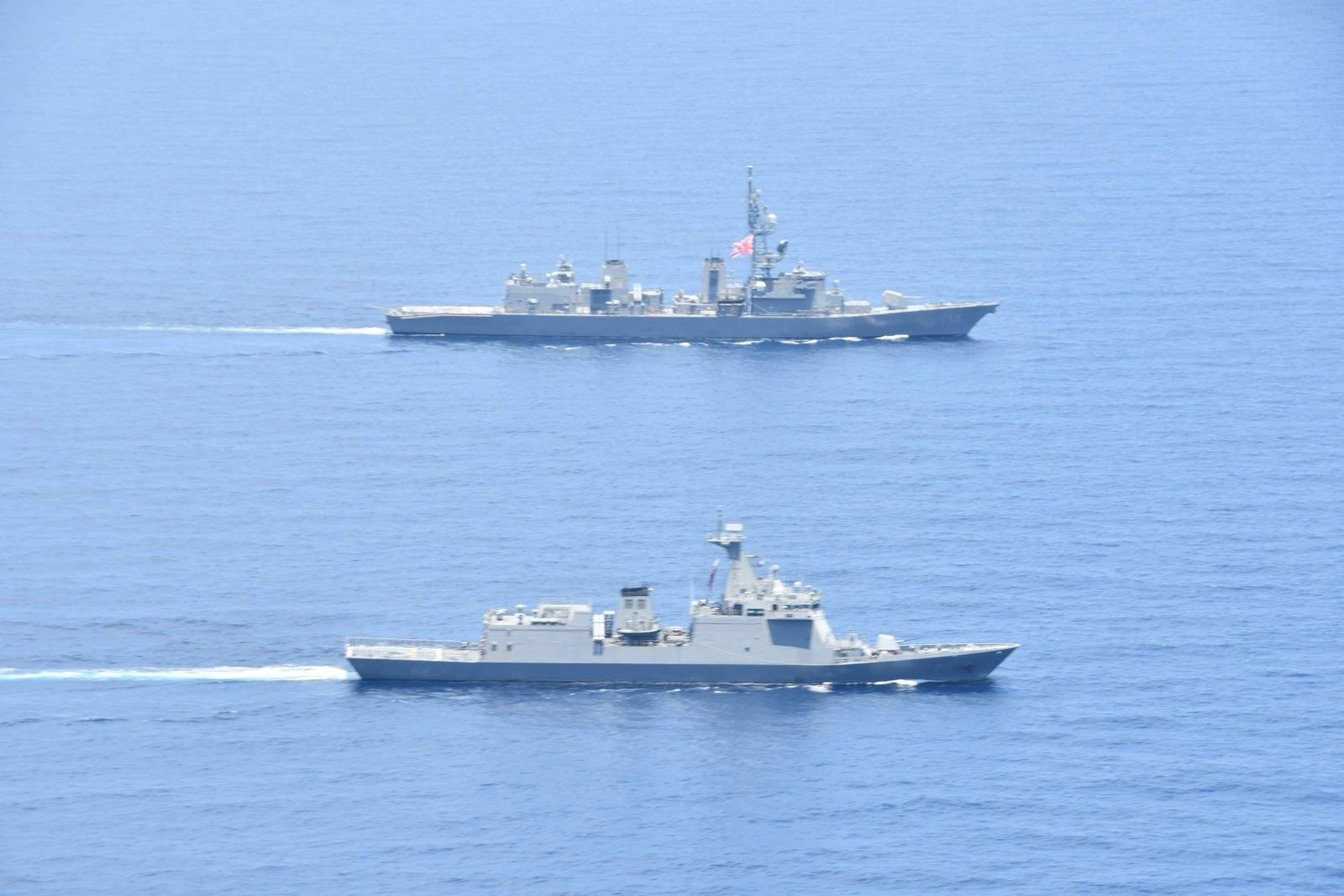Japan set to approve military pact with the Philippines, DND says

By Chloe Mari A. Hufana, Reporter
JAPAN’S National Diet is set to approve the Philippines-Japan Reciprocal Access Agreement (RAA), following the Philippine Senate’s concurrence on its ratification, marking a major step in strengthening defense and security cooperation between the two nations.
“The RAA is set to be approved by the Japanese government’s National Diet, in accordance with Japan’s domestic legal process, to render it valid and binding upon both our countries,” the Department of National Defense (DND) said in a statement on Tuesday.
The DND welcomed the Senate’s approval, emphasizing the agreement’s role in addressing shared security challenges and fostering regional stability.
“We look forward to the implementation of the RAA, which will enable our militaries to expand our defense cooperation and build trust and confidence amongst each other amid shared security challenges,” the DND said.
Once approved by Japan’s National Diet, the agreement will take effect, enabling both countries to expand military cooperation, build trust, and address shared security challenges.
“Collaborative partnerships with like-minded nations are essential as we continue to fortify our own defense capabilities,” the Defense department said.
With 19 affirmative votes, the Senate on Monday concurred with the ratification of the RAA, which will ease military cooperation between the two countries, allowing for the entry of equipment and troops for military drills and disaster response.
The Department of Foreign Affairs also welcomed the Senate’s concurrence on the ratification of the RAA, which is expected to “significantly enhance” the Philippines’ security cooperations with Japan amid the “increasingly complex regional security environment.”
“The RAA is a strategic framework for the Philippines to enhance its defense capabilities, promote regional stability, and bolster its position in the ongoing maritime disputes,” it said in a statement.
Josue Raphael J. Cortez, lecturer at De La Salle-College of St. Benilde’s School of Diplomacy and Governance said the ratification reflects the commitment of the two archipelagos to continue its ties and ascertain regional stability.
“This move is strategic given that among the shared experiences we have with Japan is encountering maritime tensions with [China] — ours in light of the West Philippine Sea and with Japan over the Senkaku Islands,” he told BusinessWorld in a Facebook Messenger chat.
He added the initiative shows Japan as a prime mover in ensuring freedom of navigation and regional stability under its Free and Open Indo-Pacific strategy.
“This explicates Japan’s commitment not just to our country but also to our neighbors in Southeast Asia given that even Vietnam right now is head-to-head with China,” he added.
Both countries signed the deal in July to ease the entry of military equipment and troops for combat training from Japan.
The agreement is the first of its kind to be signed by Japan in Asia and coincides with increased Chinese assertiveness in the South China Sea, where Beijing’s expansive claims conflict with those of several Southeast Asian nations.
The ratification of the RAA also followed Japan’s move to provide P611 million worth of security assistance to the Philippines, which includes radar systems, inflatable boats, and other maritime equipment.
The Philippines has a visiting forces agreement with the US and Australia. Tokyo, which hosts the biggest concentration of US forces abroad, has a similar deal with Australia and Britain, and is negotiating another with France.


